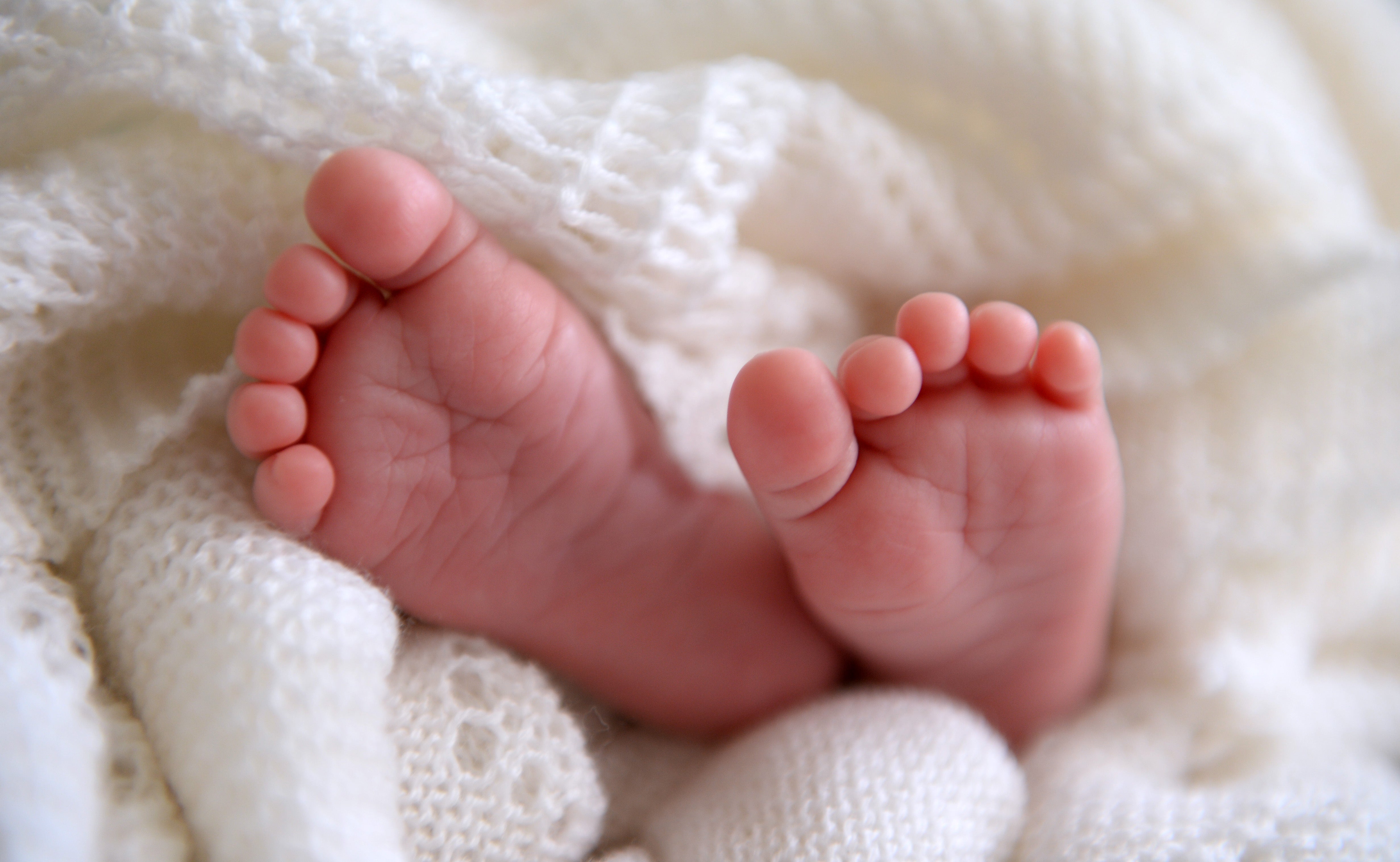‘Nine years of hell’: Woman still living ‘like a prisoner in excruciating pain’ after botched postnatal care
Exclusive: Poor postnatal care left Kate from Leeds with nine years of living in ‘excruciating pain’

It has been nine years living “like a prisoner” in “excruciating” pain and Kate is still facing a wait for surgery to tackle the horrifying mistakes in her postnatal care.
Despite a difficult birth at Leeds General Hospital, Kate described the atmosphere at the trust’s labour ward as “lovely”.
However, her experience quickly deteriorated into “hell” after she was told she had third-degree tears and was admitted to a postnatal ward, describing the care she received as “awful”.
A few days following her discharge, which occurred before she’d had a bowel movement, Kate said she was left “screaming in pain” at home, “bleeding a lot from the back passage” and “incontinent”.
Despite reporting these symptoms to the maternity department, Kate was told it was a “normal” experience.
“I felt like nobody was listening to me,” Kate said.
Eventually, after seven and a half weeks in pain, Kate was sent to a physiotherapist, where she described being forced to stand naked in the middle of the room and told “We need to get that tummy away, you need to go on an exercise programme”.
“I just cried. I couldn’t sit down normally; how was I supposed to go on an exercise bike?”
Although she reported “feeling like the world was falling out of my front and back passage”, within Kate’s medical notes it was recorded that she had no issues.
After six months, living in “intense pain”, with “flooding diarrhoea” and not able to leave the house, she was told by the NHS her symptoms were down to postnatal depression.
Nearing the end of her maternity leave, Kate was forced to go back to work, where she was “in constant pain and having accidents”. Five months later she was forced to quit, as it was “just too much”.
Throughout this time, doctors maintained that Kate’s symptoms were due to postnatal depression, until over a year later when tests finally revealed how bad her physical condition was.
She was referred to a colorectal surgeon, who found her anal sphincter was “fully open almost as if it wasn’t ever stitched”.
Following an operation in 2015 to fix the issue, Kate developed sepsis, nearly losing her life and meaning it took 18 weeks for her wound to heal.
However, her ordeal did not stop there. She had developed nerve damage, chronic pelvic pain, incontinence, coxalgia and a prolapse as a result of her problems being neglected for so long.
By 2022, nine years later, she is now waiting for a colostomy bag operation – the only option to address her pain.
Kate told The Independent: “Everywhere I go I have to plan the full day. I need to know where the toilets are. I don’t go out of the house. I’ve felt like a prisoner in my own home for nine years.
“It makes me so emotional thinking about everything they have put me through. It hasn’t just affected my life, it’s also affected my partner and family. I have lost so much time that I’ll never get back. I couldn’t enjoy life and do the things that all mothers do with their babies.
“There was no care, no sympathy, nothing. Nobody cared for me apart from my surgeon at Sheffield. I’ve forgotten what it feels like to feel normal. I can’t remember life without pain.
“No other woman should ever have to go through anything like this. If my story helps just one lady speak out and ask for the help they truly deserve, then I will honestly feel at peace.”
Dr Phil Wood, chief medical officer for Leeds Teaching Hospital, said: “I am saddened to hear about the ongoing medical challenges experienced by Kate and confirm that an investigation was made into her complex medical history, which did result in a settlement, accepting that whilst not deemed negligent, there were elements of sub-standard care.”
He said the trust continuously reviews the quality of care it gives, and while this does not help Kate, it has made a number of changes in the last six years.
Kate was heled by charity MASIC a foundation which supports women with severe birth injuries.
Jen Hall, social media and website co-ordinator for MASIC said: “Women who have sustained these injuries often suffer in silence due to societal stigma and shame and a lack of understanding around the life changing impact of maternal birth injuries. Seeking help is difficult and embarrassing and many GPs are unaware the problem exists.
“Health professionals are reluctant to discuss the long-term effects due to fear of frightening pregnant women, and there is a lack of multi-disciplinary care within the NHS to support the complex needs of severe perineal injury. We would like to see improved identification, diagnosis and treatment for birth injuries in the NHS and for women’s concerns to be listened to and not dismissed as “normal” postnatal experiences.”
Join our commenting forum
Join thought-provoking conversations, follow other Independent readers and see their replies
Comments
Bookmark popover
Removed from bookmarks